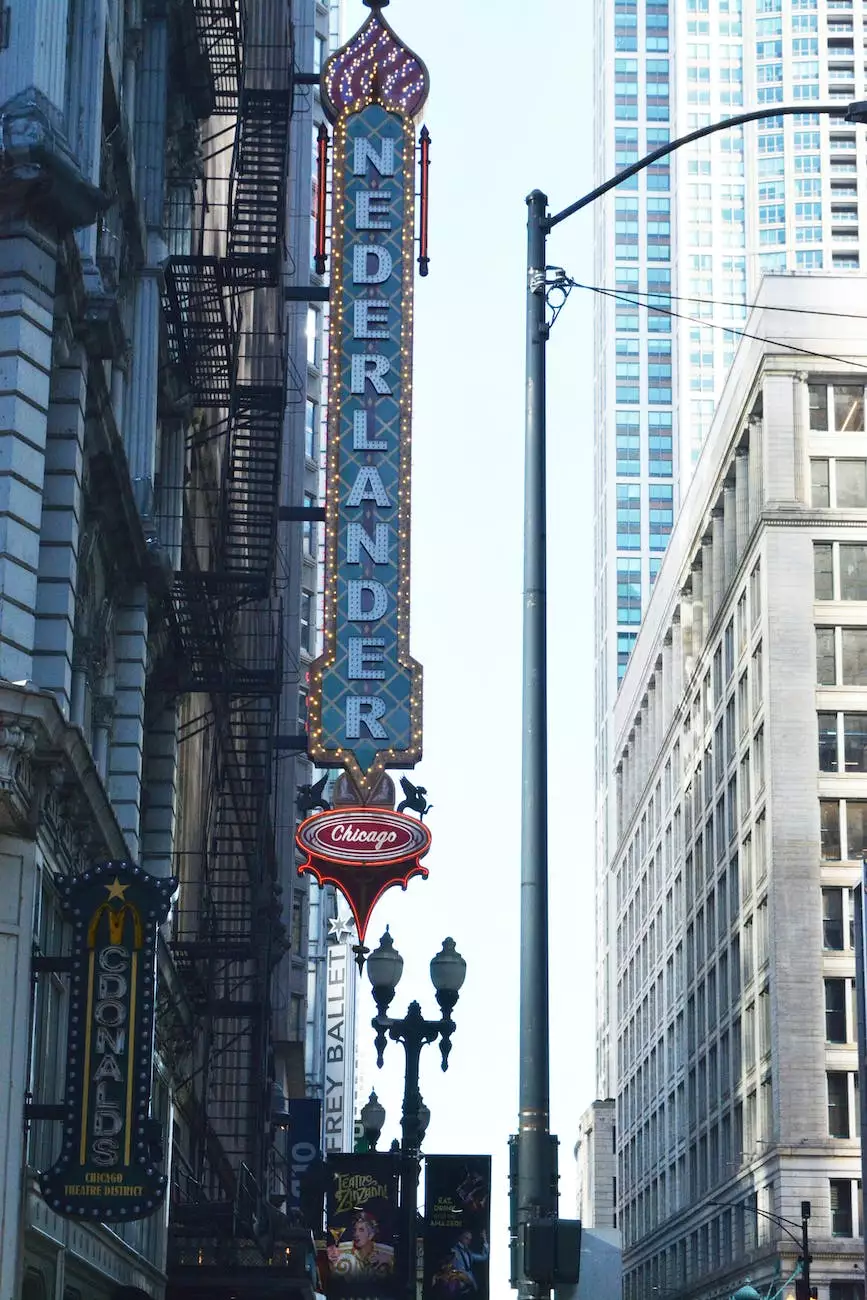4 Ways Alcohol Impacts Driving Abilities
Trucking Safety
Introduction
Welcome to the Law Office of Stanley E. Robison, Jr., a trusted legal resource for individuals seeking assistance with alcohol-related accidents. We understand the importance of raising awareness about the dangers of impaired driving caused by alcohol consumption. In this article, we will discuss the four ways alcohol significantly impacts driving abilities, highlighting the key factors that contribute to impaired driving and the legal consequences of alcohol-related accidents.
1. Decreased Reaction Time
Alcohol consumption affects the central nervous system, resulting in decreased reaction time. This delay in response greatly impairs a driver's ability to react quickly to unexpected situations on the road, such as sudden stops, pedestrians crossing, or other vehicles changing lanes. Studies have shown that even small amounts of alcohol in the bloodstream can significantly slow down reaction time, putting both the impaired driver and others at risk.
2. Impaired Judgment and Decision-Making
Alcohol has a profound impact on an individual's judgment and decision-making abilities. Consuming alcohol can lead to impaired judgment, causing drivers to engage in risky behaviors, such as speeding, tailgating, or disregarding traffic signals. Impaired decision-making also affects a driver's ability to assess potential hazards accurately, making it more likely for an intoxicated driver to make the wrong choice in critical situations, thereby increasing the chances of accidents.
3. Decreased Coordination and Motor Skills
Alcohol consumption affects motor skills and coordination, making it difficult for an impaired driver to maintain control of the vehicle. These effects manifest in decreased hand-eye coordination, reduced ability to steer accurately, and impaired balance. Consequently, intoxicated drivers may have difficulty staying within their own lanes, properly negotiating turns, or avoiding obstacles on the road. These impairments significantly increase the risk of collisions and harm to both the driver and others sharing the road.
4. Reduced Visual Acuity and Concentration
Alcohol impairs visual acuity and concentration, diminishing a driver's ability to perceive and process information from the surrounding environment effectively. Intoxicated drivers may experience blurred vision, difficulty focusing, and impaired depth perception, hindering their ability to identify road signs, detect potential hazards, or maintain a clear view of the road ahead. Additionally, alcohol consumption can cause drowsiness and reduce attention span, further deteriorating a driver's concentration and increasing the risk of accidents.
Contact the Law Office of Stanley E. Robison, Jr.
If you or someone you know has been involved in an alcohol-related accident, it is crucial to seek legal assistance promptly. The consequences of impaired driving can be severe, including potential criminal charges, license suspension, and civil liability for damages. At the Law Office of Stanley E. Robison, Jr., we specialize in providing comprehensive legal support for individuals affected by alcohol-related accidents. Our experienced team is dedicated to protecting your rights and helping you navigate the legal complexities of your case.
Don't hesitate to reach out to us for a confidential consultation. We are here to listen, provide guidance, and fight for the compensation you deserve. Remember, responsible decisions behind the wheel not only protect yourself but also save lives. Together, we can make our roads safer and prevent future alcohol-related accidents.










